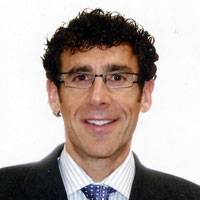Over the past century, local anaesthetics and their delivery systems have evolved and improved significantly. Despite these advances however, our ability to obtain profound anaesthesia 100% of the time is elusive, especially in the mandible. These situations can create painful dental visits for our patients creating anxiety for them and possibly for the operator as well.
This seminar will explore the reasons and cures for incomplete local anaesthesia. A discussion about the relevant anatomy and pharmacology that contributes to incomplete local anaesthesia will be presented. Techniques beyond the standard inferior alveolar nerve block and armamentarium besides the standard needle and syringe will also be evaluated. Some of the topics to be explored include the Gow-Gates Block; articaine; intraosseous and PDL injections; methods of pain reduction during injections, local anaesthetic and vasoconstrictor drug interactions and toxicity. As well, the use of vasoconstrictors in cardiac compromised patients will be presented. Finally a discussion about recent literature and new and improved local anaesthesia related products, such as intranasal anaesthesia, buffering systems, local anaesthetic reversal agents and needle-free injections will be presented.
Learning Objectives:
- Understanding reasons that cause local anaesthesia to be incomplete.
- Methods to achieve higher success in local anaesthesia, especially in challenging situations like infection or unusual anatomy.
- The use of specific local anaesthetics for specific situations.
- Understanding local anaesthetic and vasoconstrictor toxicity, especially in children.
- Drug interactions with local anaesthetics and vasoconstrictors.
- Local anaesthetic considerations for medically compromised people.

